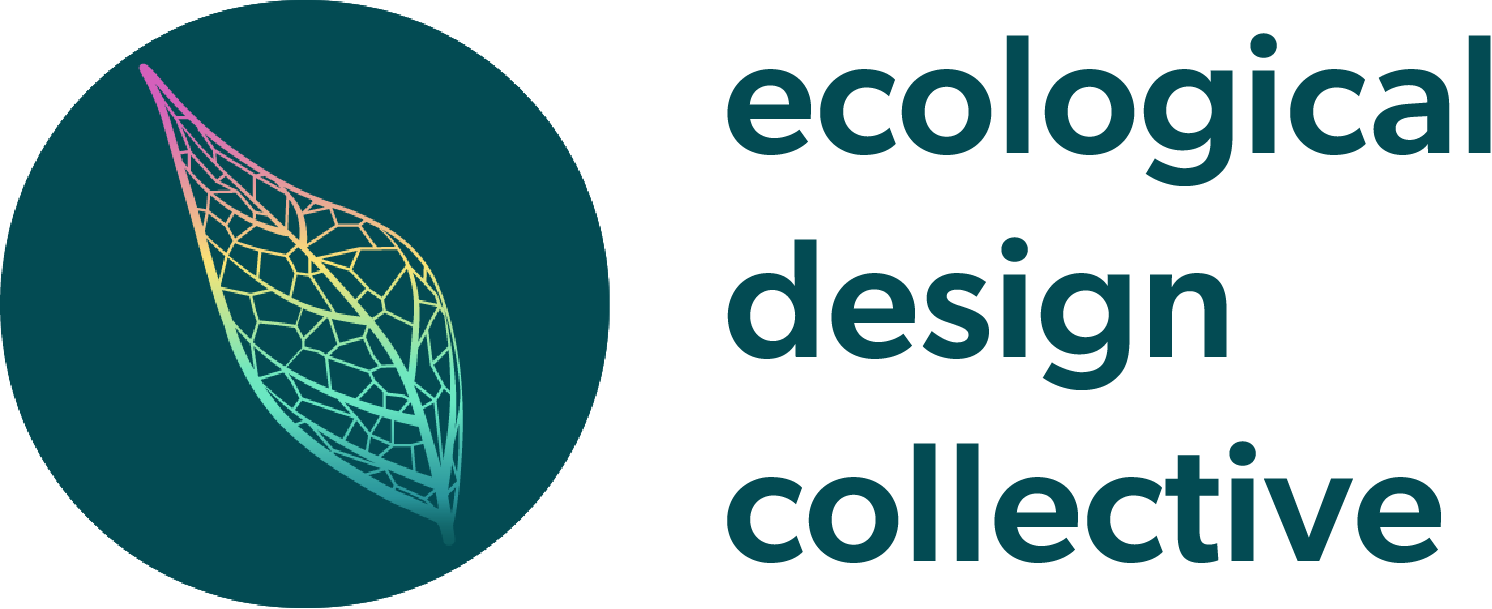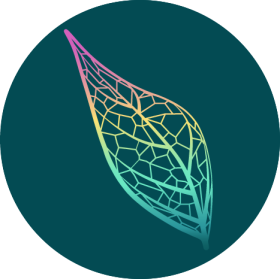Timeline › Forums › Project Forum › “Degrowth” and intercommunalism, sharing, and caring › Reply To: “Degrowth” and intercommunalism, sharing, and caring
-
I have been thinking on this content for the past weeks (and always hope forthcoming publications of mine in the pipeline would come out to summarize my points better), especially on the growth and economy bit, and for sure the pluralization of ideas, but also words and meanings to them.
My questions to this are:
What comes after decay? Isn’t it more growth? A cycle of growth and abundance after the decay? Which is what Andean pachakuti or Hawaiian hulihia intend in turnovers or “system change.”
Why leave the terminology of “growth” to the capitalist framing? Instead of (what I do with the Philippine palengke that means informal market aka “wet market,” and related to the marooning Palenqueros in the Spanish Americas) reclaiming it to return back to the economy/oikos that refers to the communal system again? Wherein the point of the market was a space of coming together and sharing/trading goods, the space of the “globalization” of ideas, same as I relate these concepts to the estuary/delta space of mixing waters and for solidarity or community-building. And this also comes from the Hawaiian terms for “value” or “abundance” or “wealth” in the word waiwai, that doubles the freshwater wai.
More useful material on that hulihia and waiwai here, in short essays and poetry: https://hdl.handle.net/10125/70178
So in the end, I really don’t disagree with Degrowth scholars, I just find my intentional wordplay more fun and productive: to focus on “growth” for environment and “market” for people, in one ecosystem or ecology (with logos as word/reason) without splitting nature/culture/nurture, like abstract economic growth has claimed it for a while, leaving humans and non-humans behind?

